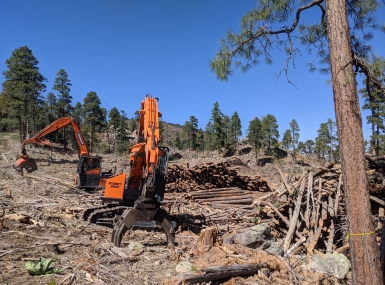EPA’s Frazer: Final WOTUS rule ‘stops uncertainty’
Key Takeaways
Brian Frazer excused county officials Saturday from feeling frustrated after trying to comply with the Waters of the United States (WOTUS) over the last few years, but said relief is on the way.
“The definition of ‘Waters’ has changed from administration to administration, and from court decision to court decision,” he said. “This has resulted in confusion, inconsistency and uncertainty for states as well as applicants.”
Learn more
Frazer, the acting director of the EPA’s Office of Wetlands, Oceans and Watersheds, told NACo’s Public Lands Steering Committee that he saw a return to the predictable interpretation of the Clean Water Act that lasted for decades, once the final rule takes effect March 20. The rule takes into account pre-2015 definitions, subsequent changes and U.S. Supreme Court decisions and establishes limits to draw the boundary of waters subject to federal protection.
“This rule forces effective and efficient implementation by clearly defining waters that warrant consideration of water impacts when development is being considered,” Frazer said.
He said the EPA received roughly 32,000 pre-proposal recommendations and more than 114,000 comments during the public comment period for the final rule, which was announced Dec. 30, 2022. The final rule, Frazer stressed, would emphasize durability, clarity and implementation.
“We worked to build a definition that can be counted on when the people are making decisions about operations, which projects we go forward with and when,” he said.
“This rule is grounded in EPA and Army’s longstanding authority provided by Congress to the Clean Water Act and refined by court opinions and consideration of the best available science over 45 years of real world practical experience garnered by EPA and Army in implementing the Clean Water Act,” he said.
“Today's rule will protect more waters than the 2020 Navigable Waters Protection Rule, because it restores categorical protections to interstate waters while allowing for science-informed assessments, whether streams, wetlands, lakes and ponds significantly affect the integrity of downstream waters.”
Attachments
Related News

Counties search for footing amid federal workforce cuts
Staffing reductions in the federal land management agencies are upsetting the intergovernmental balance in public lands counties.

County Countdown – March 25, 2025
Every other week, NACo's County Countdown reviews top federal policy advocacy items with an eye towards counties and the intergovernmental partnership. This week features budget reconciliation, FY 2025 funding and more.

